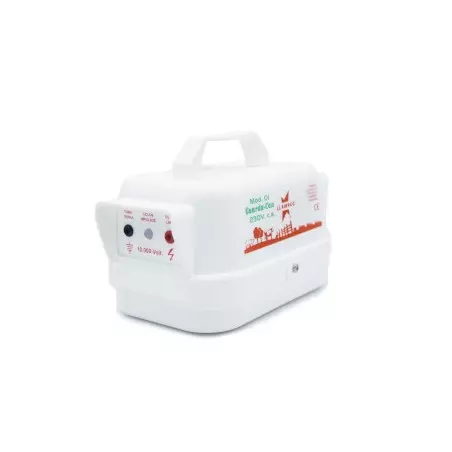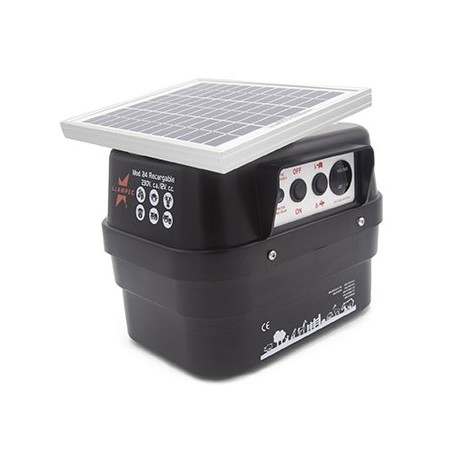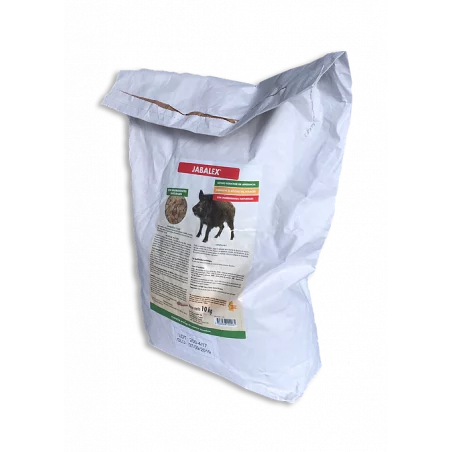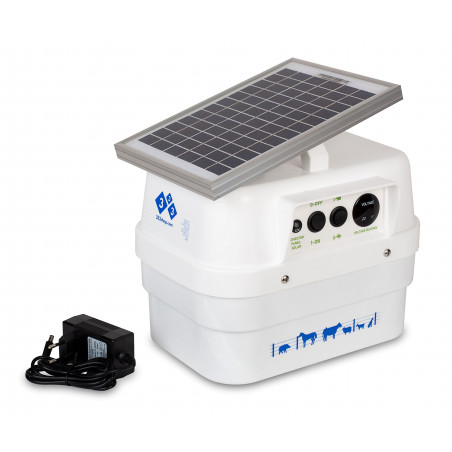In this case, indications are that the virus could have been ingested during the hunt itself. Evidence suggests that the wild hog the dogs came into contact with was sick and in a phase of high viraemia, thus excreting a large amount of virus, which affected the hunting dogs. This type of transmission is not common, and the cases reported in dogs are almost entirely associated with feeding on viscera or meat. Samples from the dead animals have been sent to the Official Reference Laboratory to confirm the diagnosis.
Wild boar are a natural reservoir of Aujeszky's disease in most European countries, and the virus can remain latent in the population. In Navarra, official sampling detects a seroprevalence (percentage of positive animals) of between 18 and 40%, according to the annual official sampling carried out over the last six years.

February 4, 2020/ Government of Navarra/ Spain.
https://www.navarra.es










